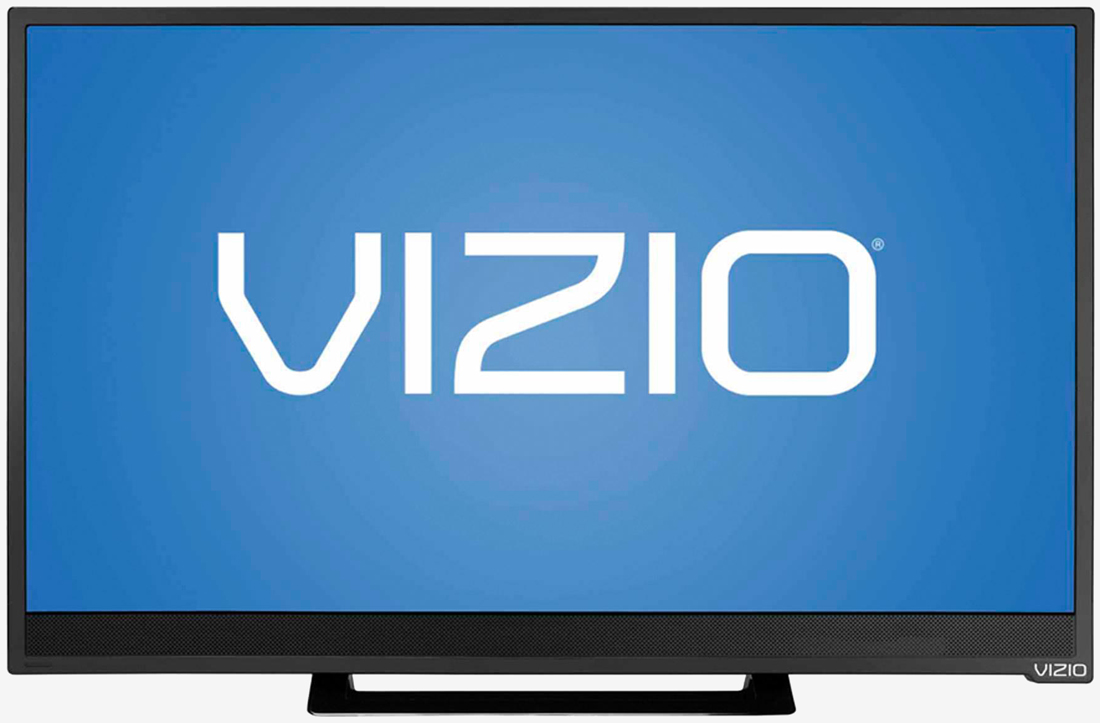In brief: We've heard of electronic devices surreptitiously gathering user data and passing it on to advertisers, but what if said products invited you to take legal action against their manufacturers? That's the scenario facing Vizio, which may soon place a pop-up on its smart TVs informing customers of a class-action lawsuit against the company.
Back in 2015, it was revealed that Vizio smart TVs used automatic content recognition (ACR) software to track customer viewing habits and the info was sold to advertisers. As IP addresses were sometimes included, it was possible to associate more personal data with this information, including age, sex, house size/value, income, and more.
A complaint was brought by the Federal Trade Commission, which led to Vizio paying a $2.2 million settlement. Several separate class-action lawsuits were also launched against the company, which were later consolidated. Claiming that the data was anonymous, Vizio asked for the suit to be dismissed, but a California federal judge twice denied its request---in March and July.
Now, Vizio may have to inform customers of this legal action and how they can become part of the lawsuit via a pop-up message on its smart TVs. While this is usually done through emails, letters, or ads, lawyers believe using the televisions would be the most effective method that is "practicable under the circumstances, including individual notice to all members who can be identified through reasonable effort."
"The Parties are developing a class notice program with direct notification to the class through VIZIO Smart TV displays, which requires testing to make sure any TV notice can be properly displayed and functions as intended. The additional time requested will allow the parties to confirm that the notice program proposed in the motion for preliminary approval is workable and satisfies applicable legal standards," reads the court papers.
Lawyers for both parties now have until October 3 to present a method of informing customers about the suit that is "workable and satisfies applicable legal standards." If the court agrees, up to 11 million people could see the messages appear on their Vizio televisions, notes the BBC.
